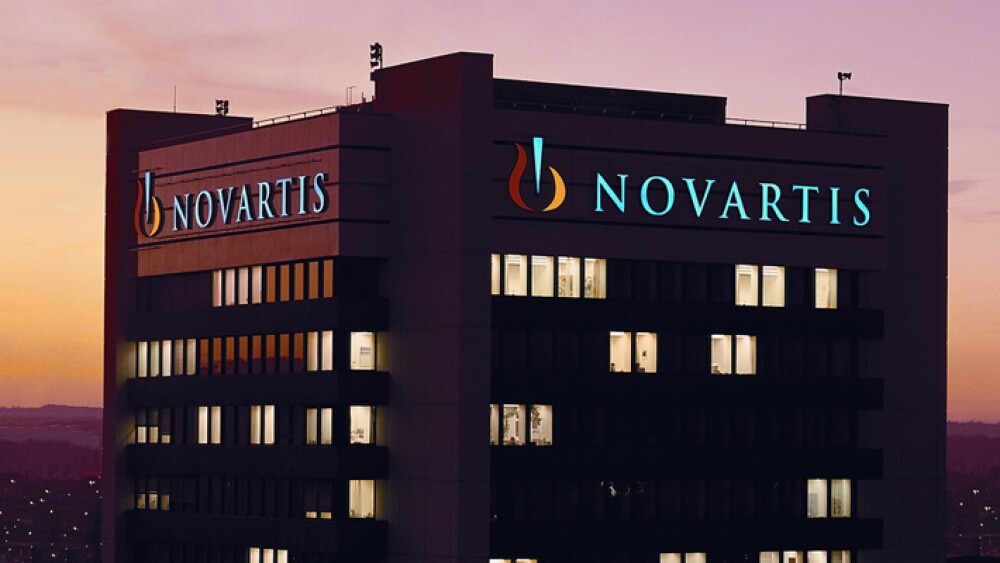October 12, 2017
By Mark Terry, BioSpace.com Breaking News Staff
At least for now, Basel, Switzerland-based Novartis has decided not to sell its $14 billion stake in Swiss rival Roche .
Novartis picked up the holdings under former chairman Daniel Vasella about ten years ago. It was part of an advance for a merger of the two companies that never happened, although speculation persists on a possible deal. Last year, the stake created $464 million in income for Novartis.
Current chief executive officer Joe Jimenez reported in May 2016 that he was willing to sell the stake without requiring a premium, and that it had been consulting banks regarding the sale. That was a big change from when the company had indicated it would only sell the 33 percent stake at a significant premium. Most observers felt that Jimenez’s pivot was related to the company’s need for cash that would give it flexibility to make strategic acquisitions.
It also wasn’t considered that easy a transaction to make. Tim Anderson, an analyst with Bernstein, had noted at the time that pulling together that large a block of shares on the open market would be difficult.
However, pending a strategic review, the company has declined to sell.
“We said we would review whether it makes sense to sell the stake,” current chairman Joerg Reinhardt told Swiss newspaper HandelsZeitung. “We came to the conclusion that that’s not the case. We have made no decision to actively move ahead with the sale.”
At least one rationale for the sale is the company’s faltering eye care division, Alcon . However, Reinhardt says that the Alcon unit is currently recovering. He also indicated that he found the interest in Alcon disproportionately high, since it only makes up about 10 percent of the company’s $48 billion in annual sales. If sold, Alcon might be worth $25 billion to $35 billion.
Reuters writes, “Despite U.S. price pressure on generics unit Sandoz, Reinhardt said he believes synergies between its difficult-to-make generic drugs and the division’s growing portfolio of biosimilar copies of name-brand biological drugs like Roche’s Mabthera have not yet been exhausted.”
Reinhardt told HandeslZeitung, “When you take that into consideration, Sandoz belongs to our core business.”
In June, company executives held the fourth annual Meet Novartis Management event in Cambridge, Mass., and outlined its pipeline strategy. The strategy’s five points focused on global drug development, innovative medicines pharmaceuticals, innovative medicines oncology, biosimilar development via Sandoz, and support for recovering Alcon. Regarding Alcon, the company stated that, “Innovation is accelerating, including recent launches of CyPass for minimally invasive glaucoma surgery and the Activefocus IOL for correcting both presbyopia and astigmatism. With continued innovation, investment and improved operations, Alcon (ACL) expects to return to long-term, sustainable growth with margins in line with industry peers.”
The company’s stated priorities at the time, which seem reasonably consistent with the decision not to unload Roche shares, were “first investing organically, then growing the annual dividend in CHF, making value creating bolt-on acquisitions and finally executing share buy backs. As announced in January 2017, Novartis is conducting a strategic review of the Alcon Division exploring all options to maximize value for our shareholders. The review is on track and Novartis expects to provide a status update towards the end of 2017.”





